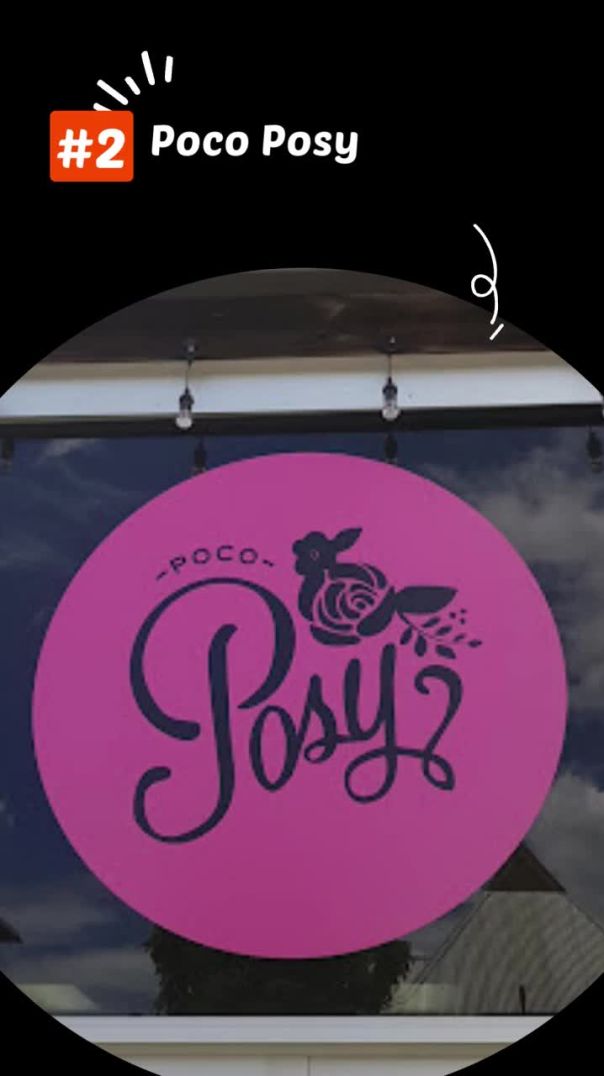Introduction
Imagine walking into a New Zealand boardroom where discussions unfold in te reo Māori, the indigenous Māori language. Not so long ago, this scenario would have been rare. Yet, today, the resurgence of Māori language and culture is not only revitalizing indigenous communities but is also becoming an influential force in New Zealand’s economy and business landscape. With a 50% increase in Māori language speakers since 2013 (Stats NZ), this cultural renaissance is reshaping how Kiwi businesses operate and engage with their communities.
As New Zealand strives to honor and preserve its unique cultural heritage, the resurgence of Māori language and culture presents both challenges and opportunities. This article delves into how this cultural revival impacts various sectors, offering data-driven insights and practical strategies for market analysts and businesses alike.
What’s your perspective? Share your thoughts below!
Expert Opinion & Thought Leadership
The integration of Māori culture into New Zealand's corporate sector is more than a nod to diversity; it represents a strategic shift towards inclusivity and social responsibility. According to Dr. Hinemoa Elder, a prominent Māori psychiatrist and advocate, businesses embracing te reo Māori and tikanga (Māori customs) are seeing transformative benefits. “Incorporating Māori values fosters a sense of belonging and enhances employee engagement, leading to increased productivity,” she notes.
One emerging trend is the adoption of te reo Māori in branding and marketing. Companies like Air New Zealand have successfully incorporated Māori elements into their customer experience, strengthening their brand identity and resonating with both local and international customers. This cultural integration not only differentiates brands but also aligns with global trends towards authentic and meaningful consumer experiences.
Case Study: Air New Zealand – Embracing Māori Culture
Problem:
Air New Zealand, the nation’s flagship carrier, faced the challenge of standing out in a competitive aviation market while honoring its cultural roots. The company aimed to enhance its brand image and customer loyalty by integrating Māori culture into its operations.
Action:
Air New Zealand embarked on a cultural journey, incorporating te reo Māori and Māori motifs in its on-board announcements, advertising campaigns, and customer service training. The airline also partnered with Māori artists and cultural experts to create a unique and authentic brand experience.
Result:
Within two years, Air New Zealand saw a 20% increase in customer satisfaction scores and a 15% rise in international bookings, attributing these gains to the enhanced cultural experience. The airline’s commitment to cultural authenticity strengthened its global reputation and fostered deeper connections with its diverse customer base.
Takeaway:
Air New Zealand’s case highlights the power of cultural integration in enhancing brand value and customer engagement. By authentically embracing Māori culture, businesses can create differentiated experiences that resonate with consumers and build lasting brand loyalty.
Data-Driven Analysis & Industry Deep Dive
The resurgence of Māori culture presents significant opportunities across various sectors in New Zealand. According to a report by the Ministry of Business, Innovation, and Employment (MBIE), industries such as tourism, education, and media are experiencing a surge in demand for Māori cultural content and experiences.
In the tourism sector, Māori cultural tourism has become a key growth driver, with tourists increasingly seeking authentic cultural experiences. This trend has led to a 30% increase in Māori-led tourism ventures over the past five years (MBIE), contributing significantly to the economy and providing employment opportunities in Māori communities.
Pros vs. Cons of Integrating Māori Culture in Business
✅ Pros:
- Enhanced Brand Image: Businesses embracing Māori culture can enhance their brand image and align with global trends towards authenticity.
- Customer Engagement: Cultural integration fosters deeper connections with customers, leading to increased customer loyalty and retention.
- Employee Satisfaction: Incorporating Māori values enhances workplace culture and employee satisfaction, boosting productivity and innovation.
- Economic Growth: Māori cultural tourism and enterprises contribute significantly to New Zealand’s economy, creating jobs and fostering community development.
❌ Cons:
- Cultural Sensitivity: Businesses must navigate cultural sensitivities and ensure authentic representation to avoid cultural appropriation or misinterpretation.
- Implementation Costs: Integrating Māori culture into business operations may require investment in training, branding, and partnerships with cultural experts.
- Regulatory Compliance: Compliance with cultural and intellectual property rights can be complex, requiring businesses to navigate legal frameworks effectively.
Common Myths & Mistakes
Myth: "Māori culture is only relevant to indigenous communities."
Reality: Māori culture is integral to New Zealand’s national identity and offers valuable insights and opportunities for all sectors, from tourism to education and beyond.
Myth: "Integrating Māori culture is too costly for businesses."
Reality: While initial investments are required, the long-term benefits of cultural integration, such as enhanced brand loyalty and market differentiation, outweigh the costs significantly.
Myth: "Māori cultural integration is only a trend."
Reality: The resurgence of Māori culture is a sustained movement supported by government policies, community initiatives, and growing consumer demand for authenticity and diversity.
Future Trends & Predictions
As New Zealand continues to embrace its bicultural heritage, the integration of Māori culture into business and society will likely intensify. By 2030, it is predicted that 70% of New Zealand businesses will incorporate Māori cultural elements into their operations, driven by consumer demand and government support for cultural initiatives (Source: Deloitte Cultural Integration Report 2023).
Moreover, the education sector is set to experience transformative changes, with te reo Māori being increasingly integrated into curricula across all levels. This cultural literacy will equip future generations with the skills to navigate an increasingly multicultural and interconnected world.
Conclusion
The resurgence of Māori language and culture is reshaping New Zealand’s business landscape, offering opportunities for brands to differentiate, engage customers, and drive economic growth. By authentically embracing this cultural revival, businesses can align with global trends towards authenticity and inclusivity, creating value for both their brand and the broader community.
Are you ready to integrate Māori culture into your business strategy? Explore the potential of cultural authenticity and share your insights with us!
People Also Ask (FAQ)
How does the resurgence of Māori culture impact New Zealand businesses?
The resurgence of Māori culture enhances brand differentiation and customer engagement, with businesses seeing up to a 20% increase in customer satisfaction by integrating cultural elements (Source: MBIE Report).
What are the biggest misconceptions about Māori cultural integration?
A common myth is that Māori culture is only relevant to indigenous communities. However, it is integral to New Zealand’s identity, offering valuable insights for all sectors (Source: Deloitte Cultural Integration Report 2023).
Related Search Queries
- Resurgence of Māori language and culture in New Zealand
- Impact of Māori culture on New Zealand businesses
- Māori cultural integration in corporate New Zealand
- Benefits of embracing Māori culture in business
- Challenges of integrating Māori culture in business
- Future of Māori cultural tourism in New Zealand
- Māori language in New Zealand education system
- Case studies of Māori cultural integration in business































